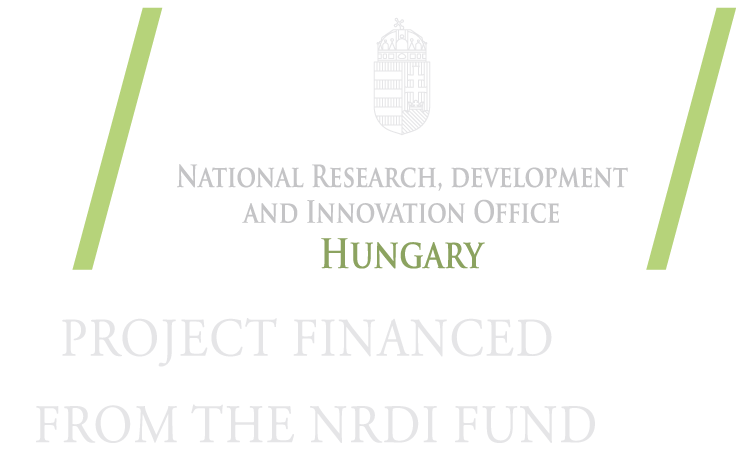Speakers
The page is constantly updated.
Keynote speaker
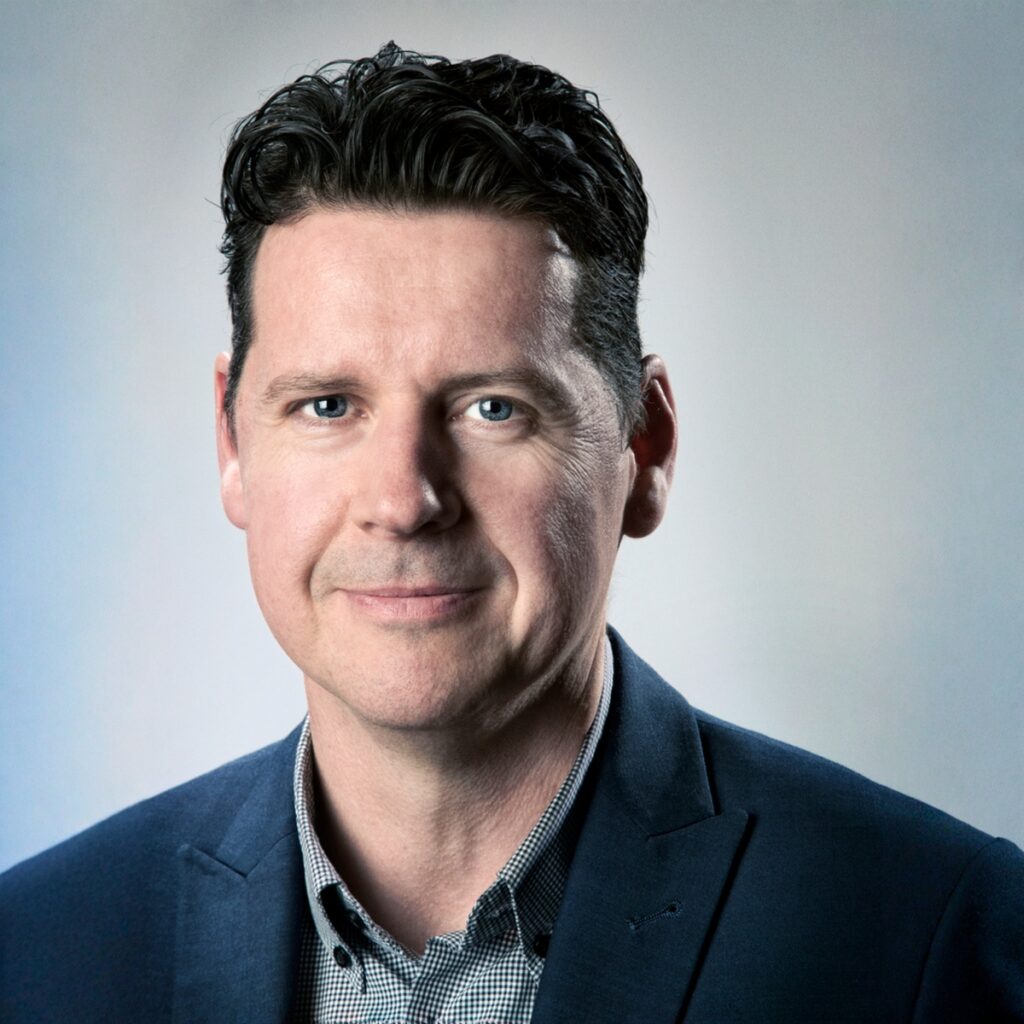
Greg Williams is the Editor-in-Chief of WIRED UK and Deputy Global Editorial Director of WIRED. A content creator, speaker and strategic forecaster who has held senior leadership roles in London and New York, Greg is interested in what’s coming next and understanding the ideas, organisations, trends and technologies that will shape the future. He has interviewed many senior leaders in business, technology and policy, including Bill Gates, Satya Nadella, Demis Hassabis and former UK Prime Minister Tony Blair. Greg has written for numerous titles, including The Guardian, Newsweek and The Observer and was awarded British Society of Magazine Editors ‘Editor of the Year, Science & Technology’ in 2017, 2018, 2020 and 2024. His longform story on the UK’s biggest-ever cocaine heist was highly commended by the British Society of Magazine Editors. Greg was a judge of the Royal Society Science Book of the Year award 2018 and is the author of six novels.
Host of the event
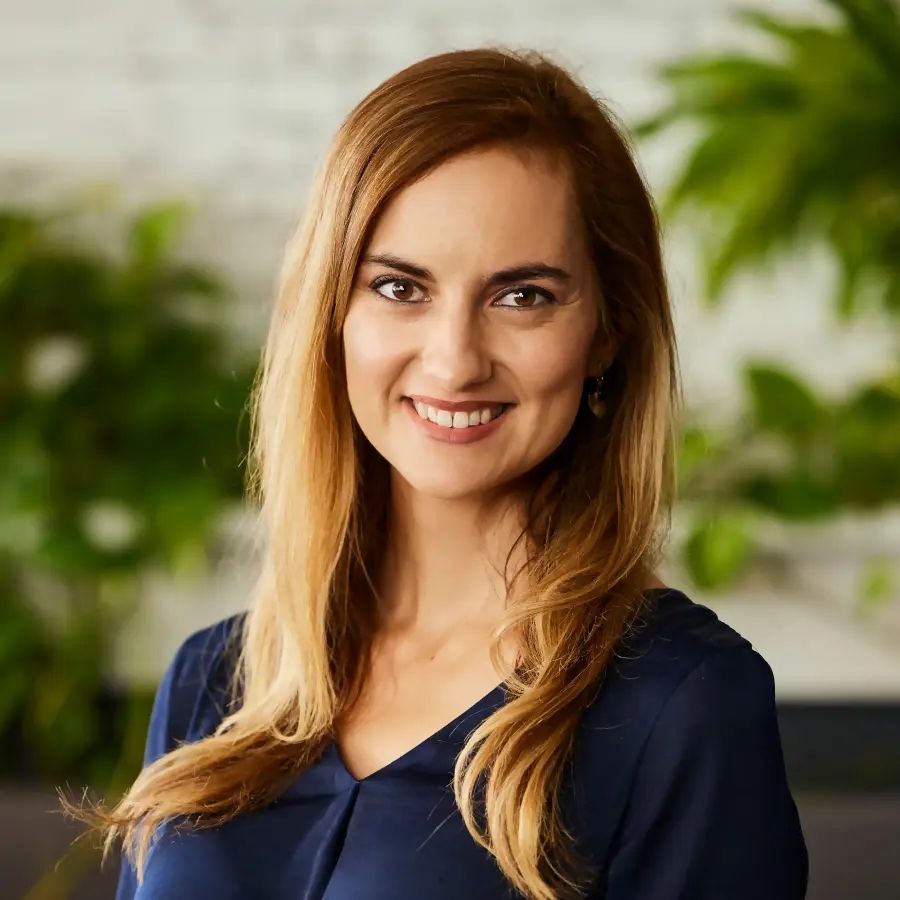
Mary Alcantara is Senior Partner at Interactive Venture Partners. She is a trusted mentor, startup advisor and investor with significant experience in North America and Europe. Prior to joining IVP, she was a founding partner of tandemLEAP, an innovation and business development firm with offices in Budapest and New York. She has consulted for and guided entrepreneurs at many leading incubation and accelerator programs, including Alchemist Accelerator (Silicon Valley), Summerside Xchange (PEI), and MKB Fintechlab (Budapest). She also led Strategic Partnerships for Sellerant, a Texas-based sales and marketing agency supporting startups and scaleups. She received a BA from Harvard University and an MBA from Central European University
Speakers
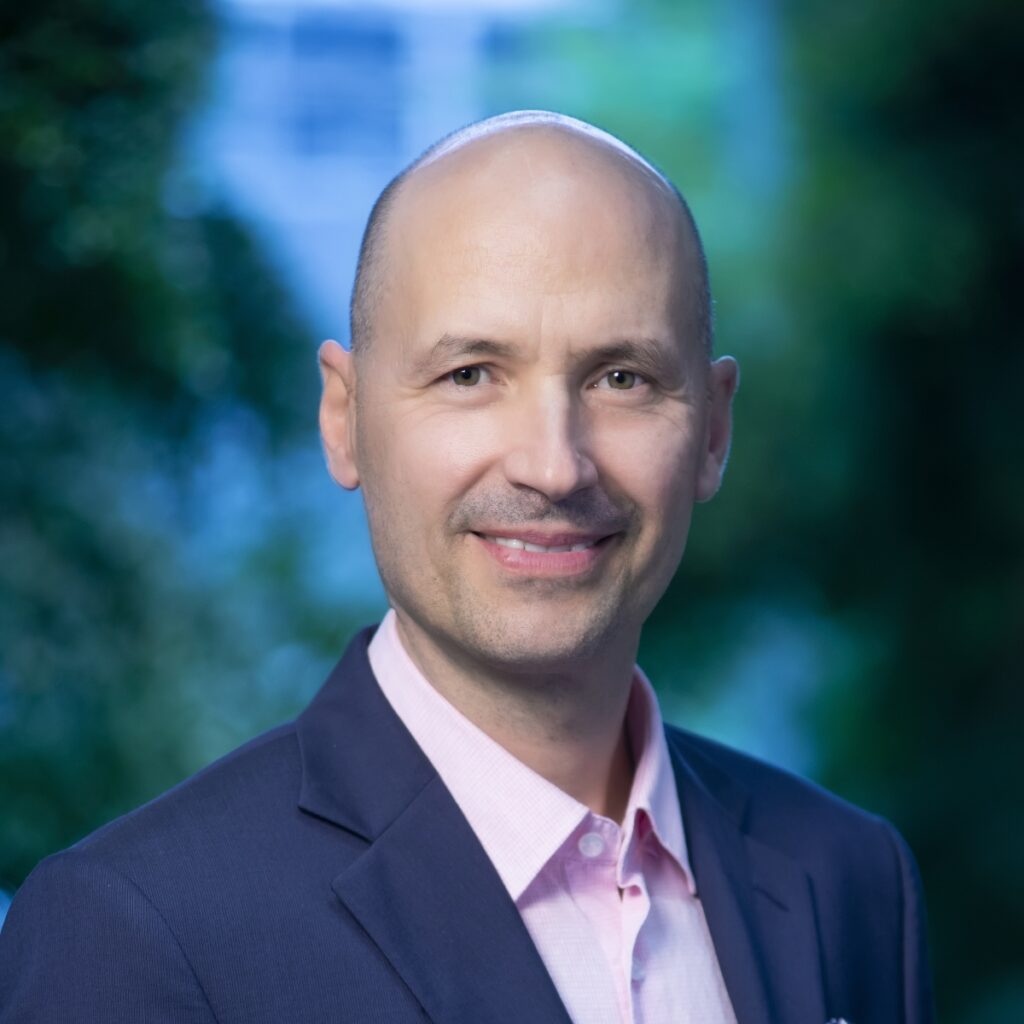
Cezary Błaszczyk is the deputy director of the Department of International Cooperation at the National Centre for Research and Development (NCBR). Since 2010 in different managerial positions linked to international cooperation of the Centre. His responsibilities include advising and assisting the director of the Centre in the coordination of international research projects, analysis of foreign innovation systems and its potential applicability in Poland, bilateral contacts and their development into joint programmes based on MoU or other agreements, government policy implementation focusing on Horizon Europe partnerships or ERA-Net schemes. Mr Błaszczyk is also the Legal Entity Appointed Representative (LEAR) at the National Centre for Research and Development related to all EU programmes and projects. The main task is to initiate and organise bilateral cooperation between Poland (NCBR) and other European and non-European countries in terms of calls and scientific seminars. He stood behind the concept and implementation of the INNOGLOBO programme, a unique funding scheme that allows Polish researchers to collaborate with partners from almost any country in the world.
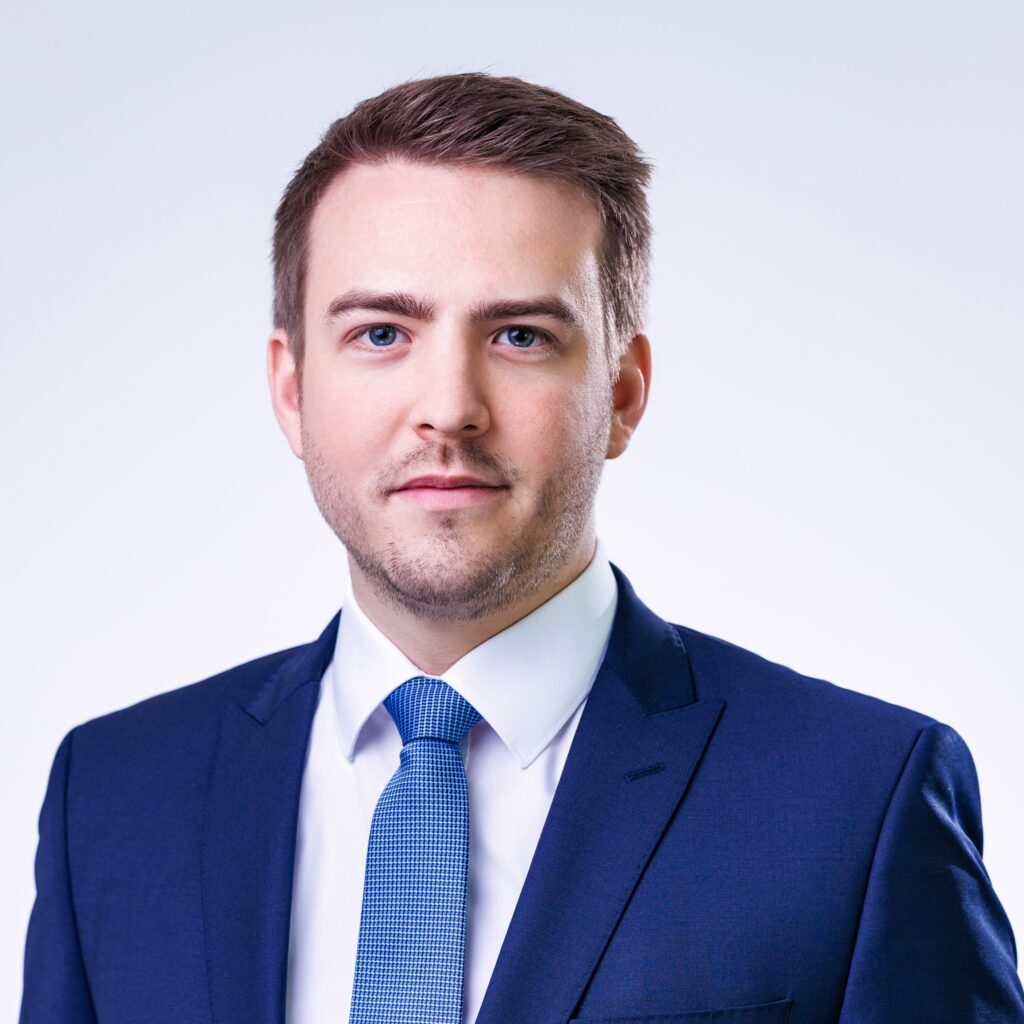
László Bódis is a highly accomplished professional with a diverse background in economics, innovation and policy. His economics background is based on a Master’s degree in Finance (MSc) and a Bachelor’s degree in International Business Economics (BSc) from Budapest University of Technology and Economics. His professional career started as a researcher at the Századvég Politics Foundation and at John von Neumann University. His strong interest in economic strategy and innovation led him to the Ministry for Innovation and Technology, where he was the Chief of Staff for the State Secretary responsible for Economic Strategy and Regulation. In 2022 László Bódis assumed the role of Deputy State Secretary for Innovation at the Ministry of Culture and Innovation. In this role, he has initiated a number of regulatory changes for creating a better climate for startups and also a numbers of changes to modernize innovation funding and calls management. In addition to this role, he has been leading the Hungarian Innovation Agency as CEO since 2023.
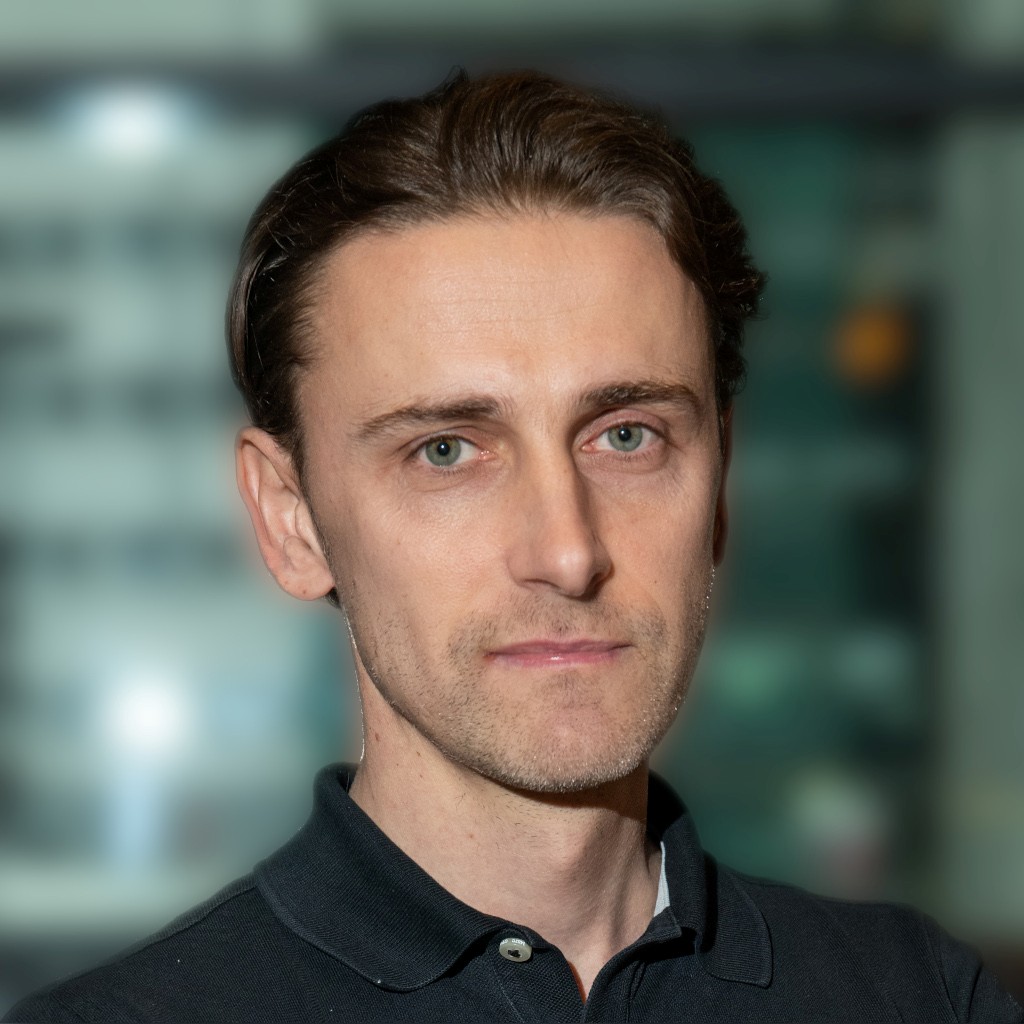
Bartosz Borucki is the co-founder & CEO of Smarter Diagnostics, a health-tech company delivering AI-powered digital twin solutions for sports longevity and preventive healthcare. MSc in Physics. After 15 years of leading applied R&D projects in digital healthcare and image analysis at the University of Warsaw, he has successfully transitioned from academia to entrepreneurship, building a successful spin-off that integrates multimodal medical data to optimize performance and prevent injuries.
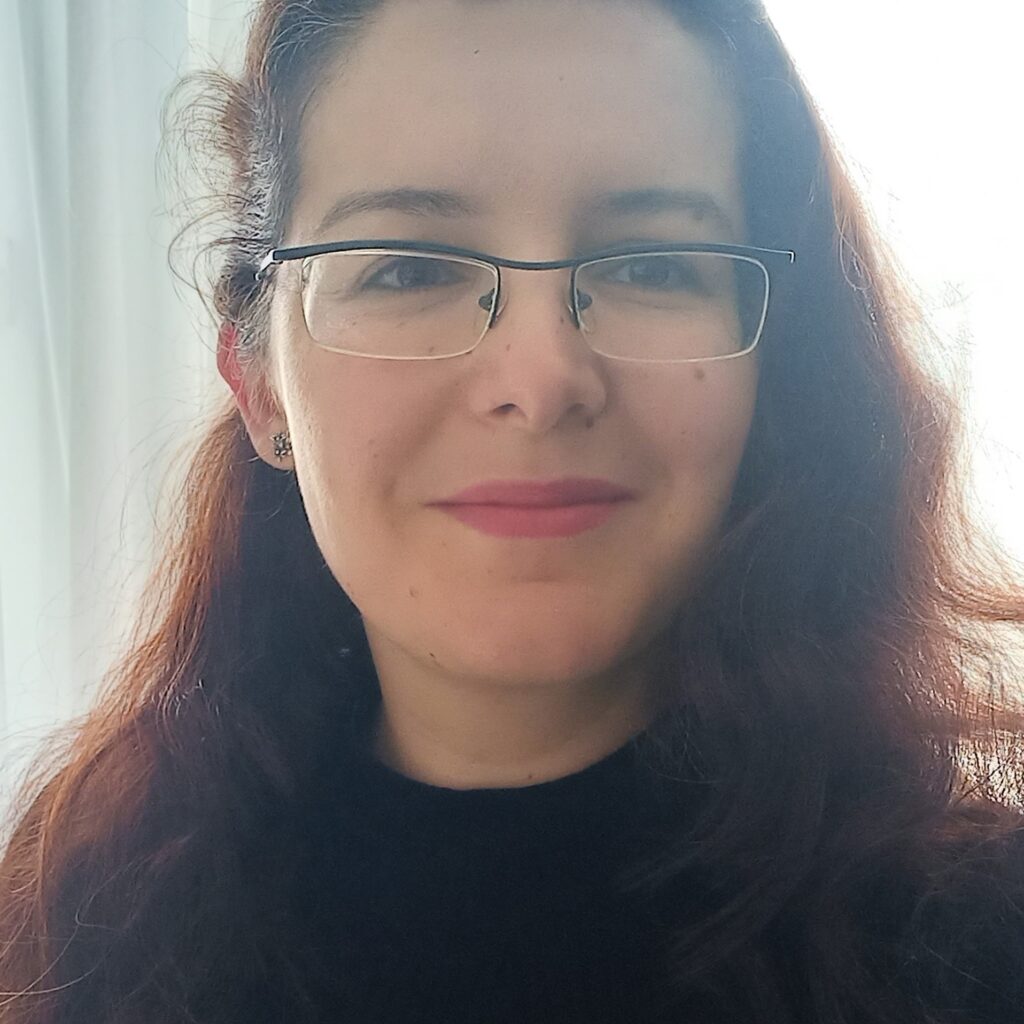
Maiia Deutschmann, M.Sc., Research Associate at Forschungszentrum Jülich (GTI), has broad expertise in managing federal and state funding programs (EXIST, ESC.NRW, StArfrica). She evaluates innovative business ideas, advises startups, international founders, German universities and research institutions in the field of entrepreneruship. With strong skills in project funding, public outreach, moderation, and intercultural communication, she is the key contact for international EXIST inquiries. Maiia Deutschmann holds degrees in the field of International Business Administration and Languages.
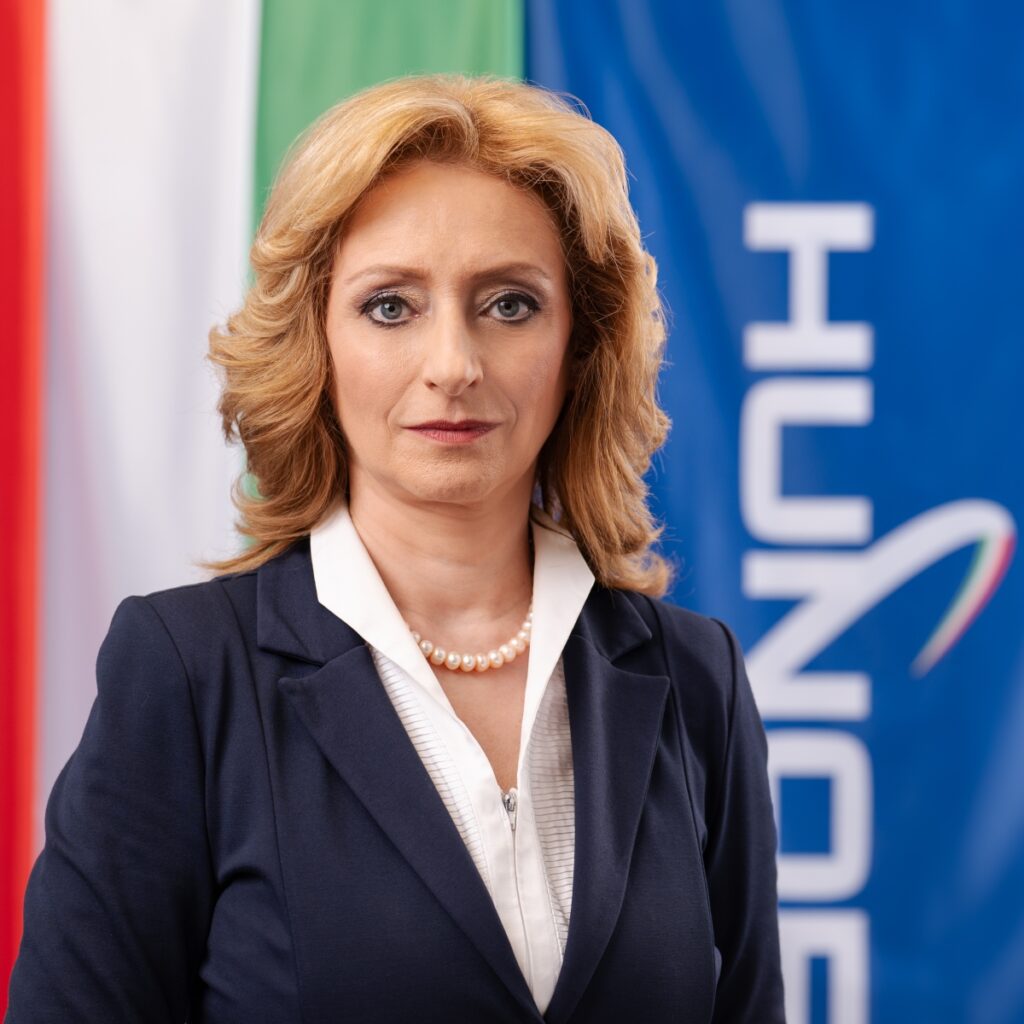
Dr. Orsolya Ferencz is an electrical engineer, space researcher, politician, and diplomat who currently serves as an ambassador extraordinary and plenipotentiary. Since 2023, she has been a member of the National Assembly of Hungary, and since 2020 she has held the rank of ambassador. Between 2018 and 2024, she was the head of the Hungarian delegation to the European Space Agency, while also serving as ministerial commissioner for space research at the Ministry of Foreign Affairs and Trade in 2018. Her scientific career began in 1996 at Eötvös Loránd University, where she worked as a senior research fellow in the Department of Geophysics and Space Science, focusing on electromagnetic wave propagation, transient phenomena, remote sensing, the plasmasphere, and onboard electronic instrumentation. She was also a research fellow at the Hungarian Academy of Sciences’ Research Centre for Astronomy and Earth Sciences between 2013 and 2015. Dr. Ferencz earned her Ph.D. from the Budapest University of Technology and Economics (BME) in 2000, after completing earlier studies at the same institution, where she graduated with an M.Sc. in 1993. She also spent time in 1993 at the Institut für Hochfrequenztechnik und Elektronik (IHE) in Karlsruhe, Germany, further strengthening her expertise in high-frequency technology and electronics.
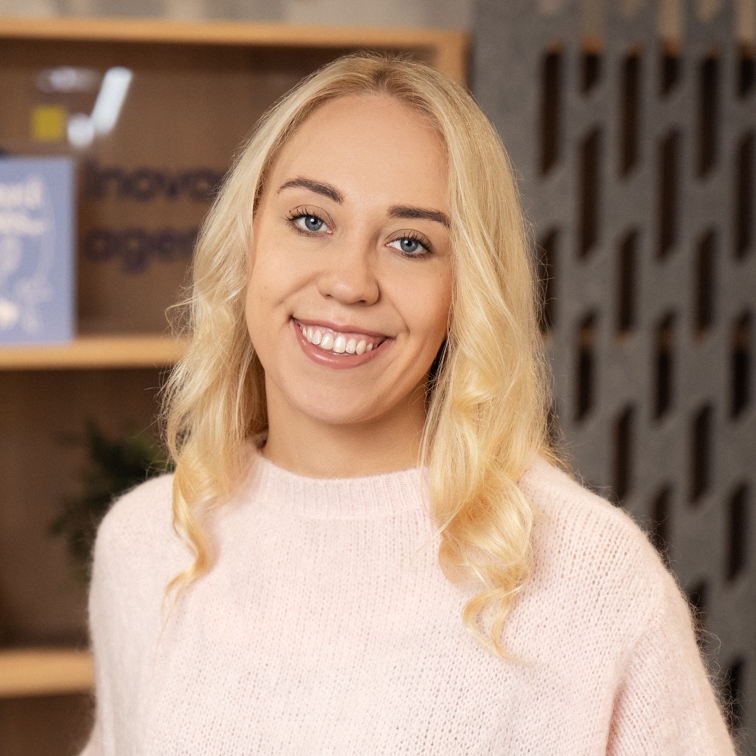
With over nine years of work experience in international, govermental and private companies in Lithuania and abroad, Rūta Grėskaitė now is a key figure in both the Lithuanian and global startup ecosystems. As the Investors Guru at Startup Lithuania, she excels at creating valuable connections and fostering collaborations that drive startup growth. Rūta’s deep knowledge of networking opportunities and strategic partnerships has helped startups secure the resources and attract investments they need to succeed. Her extensive network and passion for the startup community make her an invaluable asset.
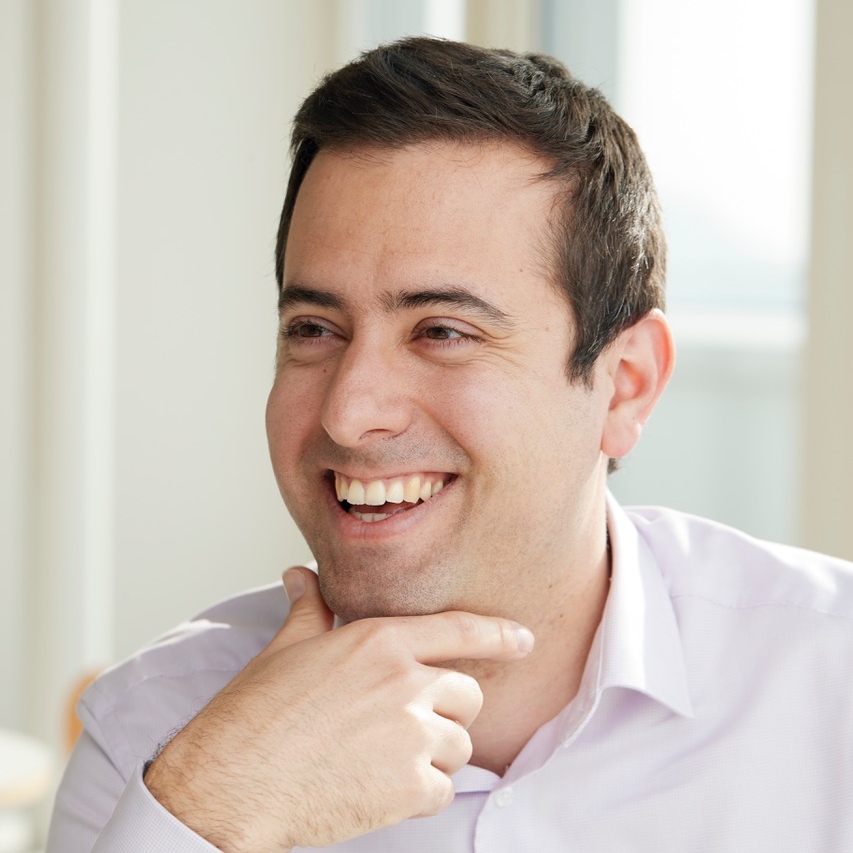
Bence György is a Translational Scientist and leads the Ophthalmic Translational Research Group at the Institute of Molecular and Clinical Ophthalmology Basel (IOB, www.iob.ch). Previously, he obtained an MD-PhD degree rom Semmelweis University, Budapest, and conducted research at the Harvard Medical School. He directs various research programs focused on developing treatments for vision loss. He is one of the Scientific Founders of RhyGaze AG (www.rhygaze.com), a Basel-Philadelphia-based biotech firm, which recently obtained $96M USD investment from European and US venture capital firms.
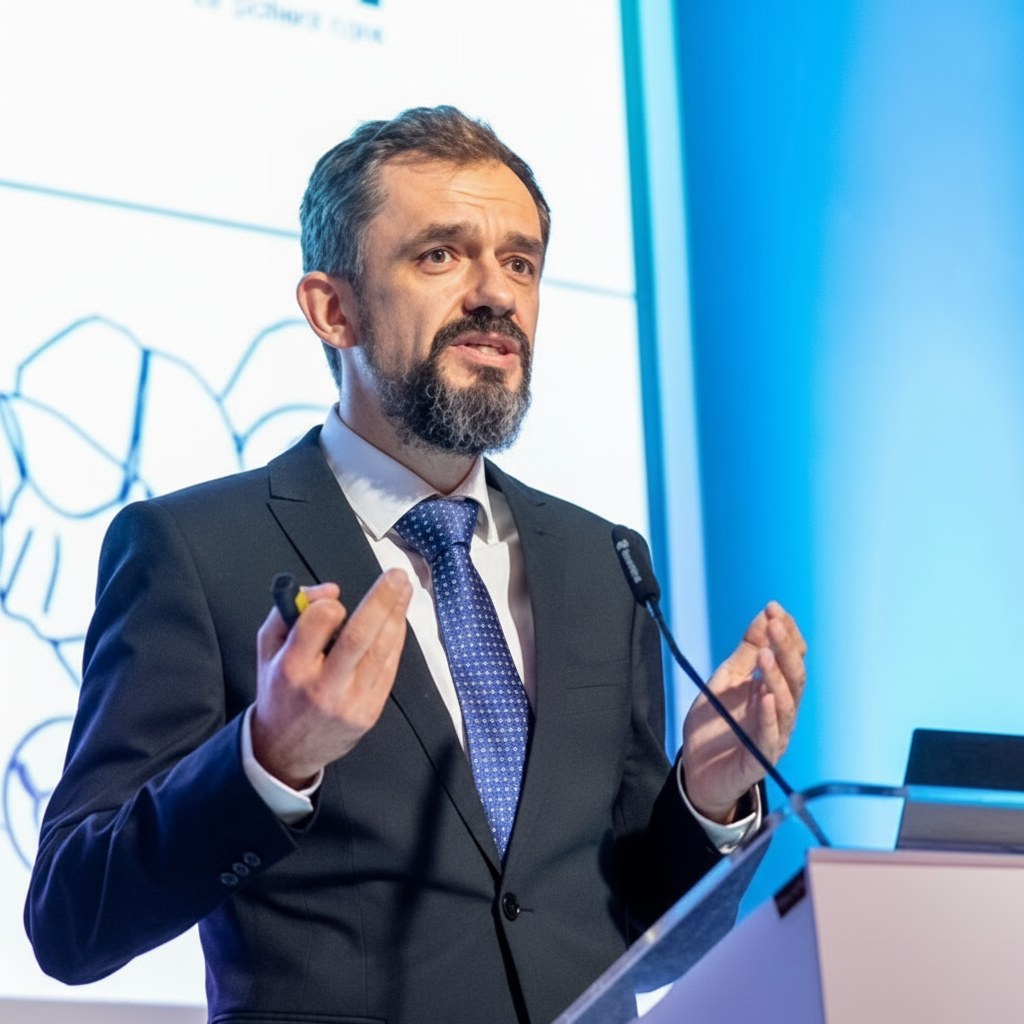
Łukasz Hak is a forward-thinking Medical Affairs leader with over 15 years of experience across immunology, oncology, neurology, gastroenterology, rare diseases, and diabetology. Currently serving as Medical Director for Poland and Acting Medical Director for Central Europe and Baltics at Johnson & Johnson, he drives strategic medical initiatives across the region, that focus on innovation, cross-functional collaboration, and solutions that put patients in the center. Łukasz has played a pivotal role in launching new therapies, and engaging stakeholders around transformative healthcare strategies. He is passionate about how science and technology intersect championing the use of artificial intelligence, personalize treatments, and optimize clinical projects. He holds a PhD in Immunology and has authored numerous publications in the fields of aging, diabetes, and immunology.
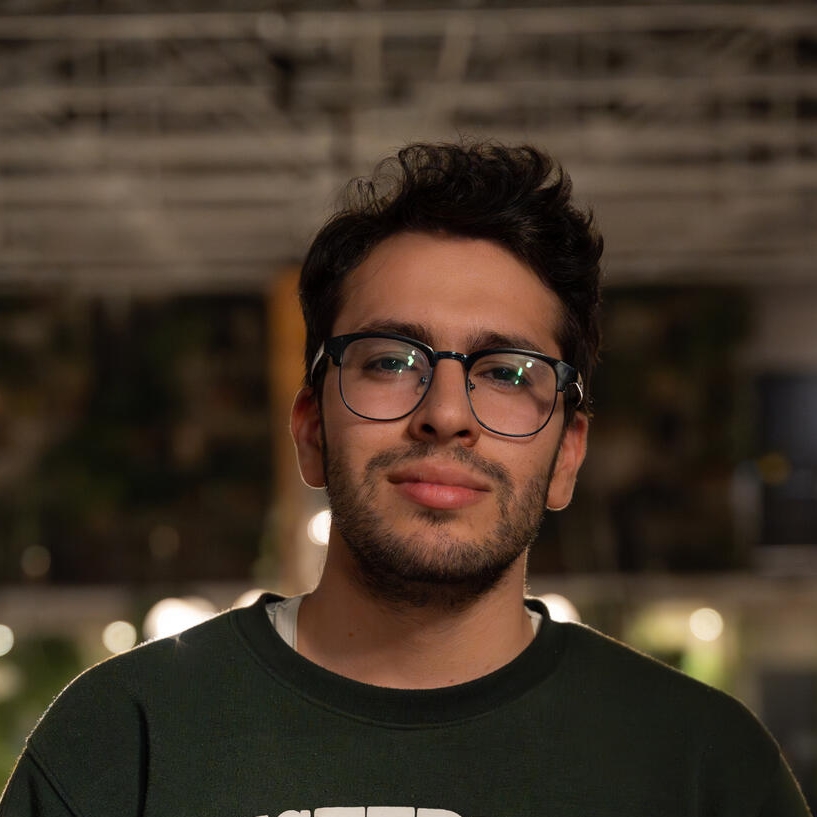
Ahed Hatter pursuing his Bsc degree in Computer Engineering at the University of Debrecen. Initially started the idea from his own familly falling victim from being scammed. Coming from Jordan, he made it his main goal to find a solution to this massive issue, found the best members ay team leader can find and since then LC Security has been the top priority every day & night. LC Security is a cybersecurity company focused on AI-driven scam detection and prevention. Its core technology is an API that telecoms, enterprises, and partners can integrate to protect users from fraudulent texts, emails, and links. To showcase its capabilities, LC Security also offers LC Shield, a free consumer app, enabling everyday people to detect scams and stay safe online.
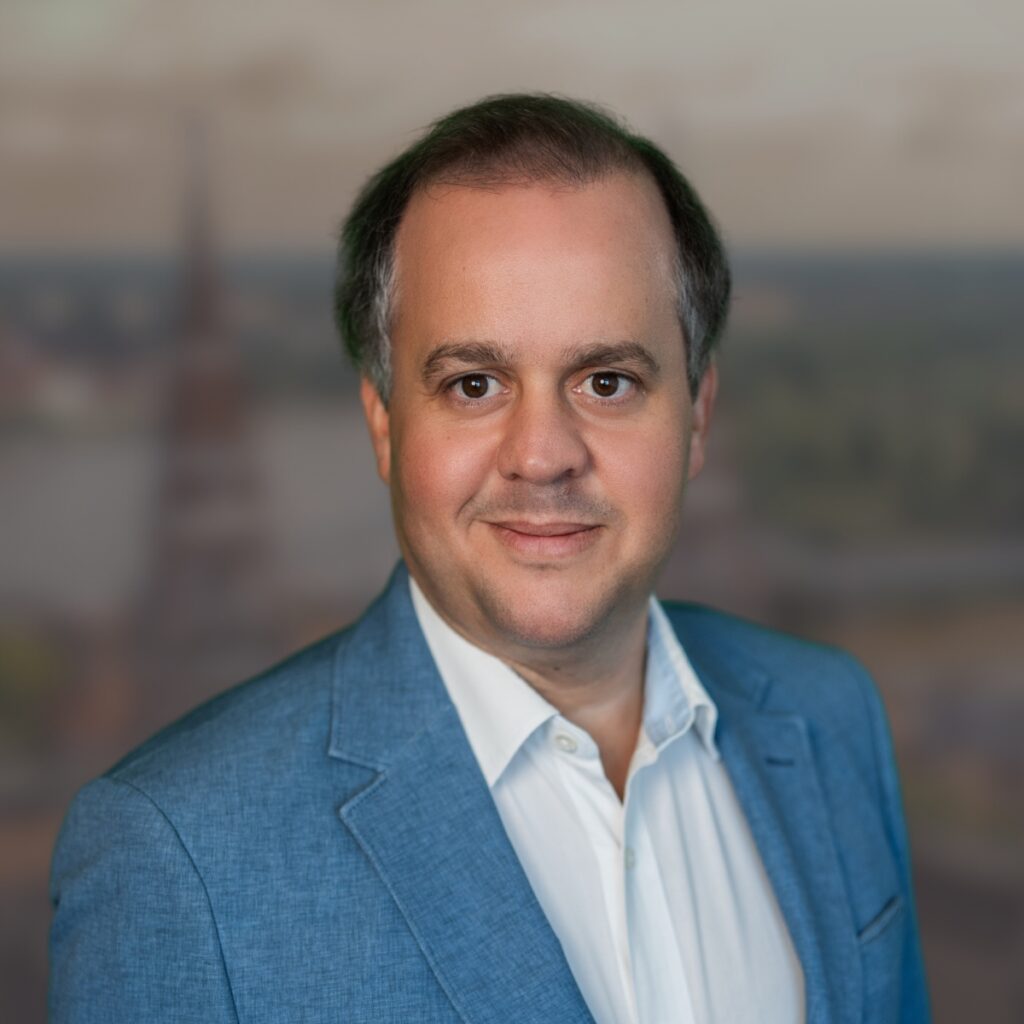
Csaba Janáky obtained his PhD degree at the University of Szeged. He was a Marie Curie fellow at the UT Arlington (USA) between 2011-2014. His group at the University of Szeged focuses on energy orientated electrochemistry, and scale-up of both CO2 electrolysis and hydrogen generation. He is the founding director of the Greennovation Center, where a team of 100+ people is focusing on developing chemical energy conversion technologies. He is co-Founder of eChemicles, a company scaling-up its best in class CO2 electrolysis technology to decarbonize the hard-to-abate sectors. He has published over 130 papers, filed 20+ patents. Since 2024 he is an EIC Ambassador, helping to shape the European innovation ecosystem.
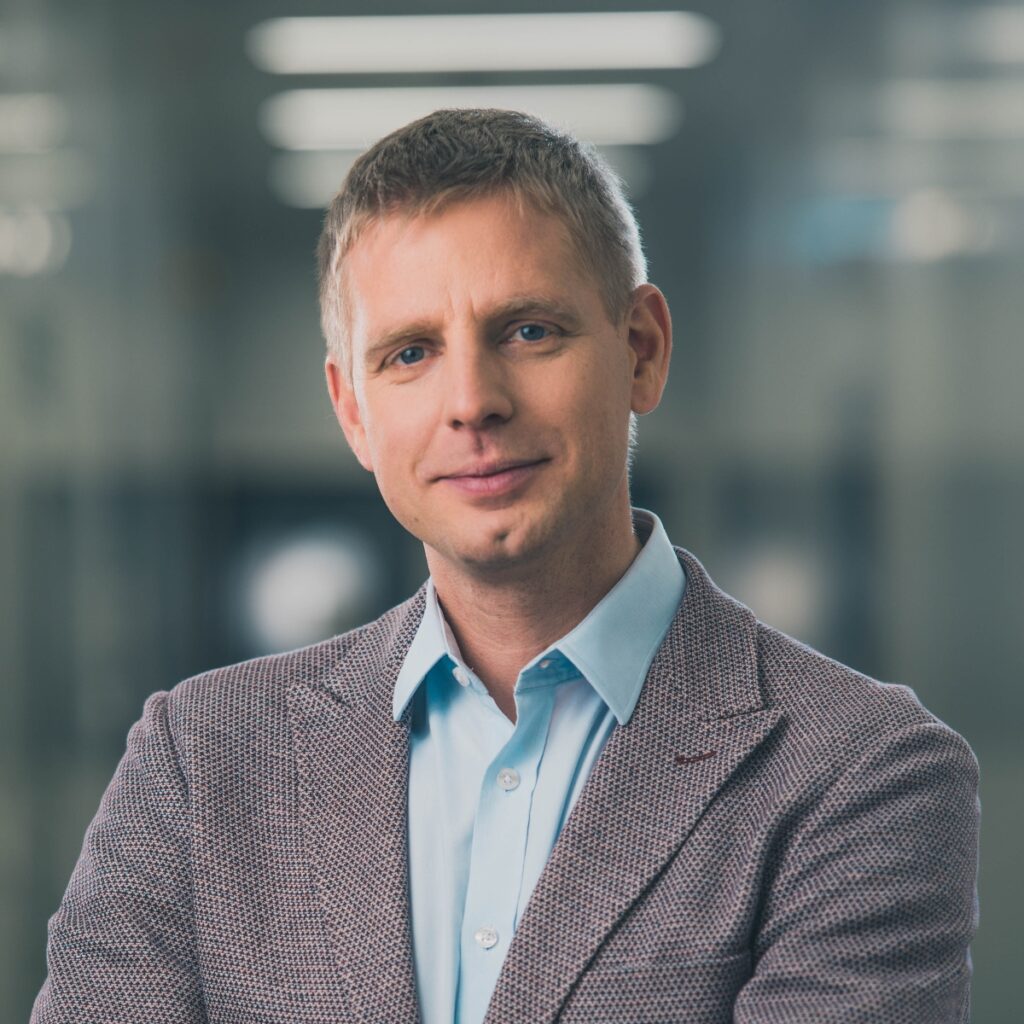
Jakub Jasiczak is the Chairman of the Polish Association of University Knowledge Transfer Companies, a forum uniting tech-transfer companies of 37 universities. This forum has successfully acquired and completed over 3,500 R&D projects for business and established 246 technological spin-off companies. He also serves as the Head of Commercialization at the Institute of Human Genetics PAS and is a Member of the Council for Innovation in Higher Education and Science. Since 2015, he has supervised over 370 research and consulting projects for over 200 enterprises and public institutions. He holds a PhD in economics in commodity science (2010).
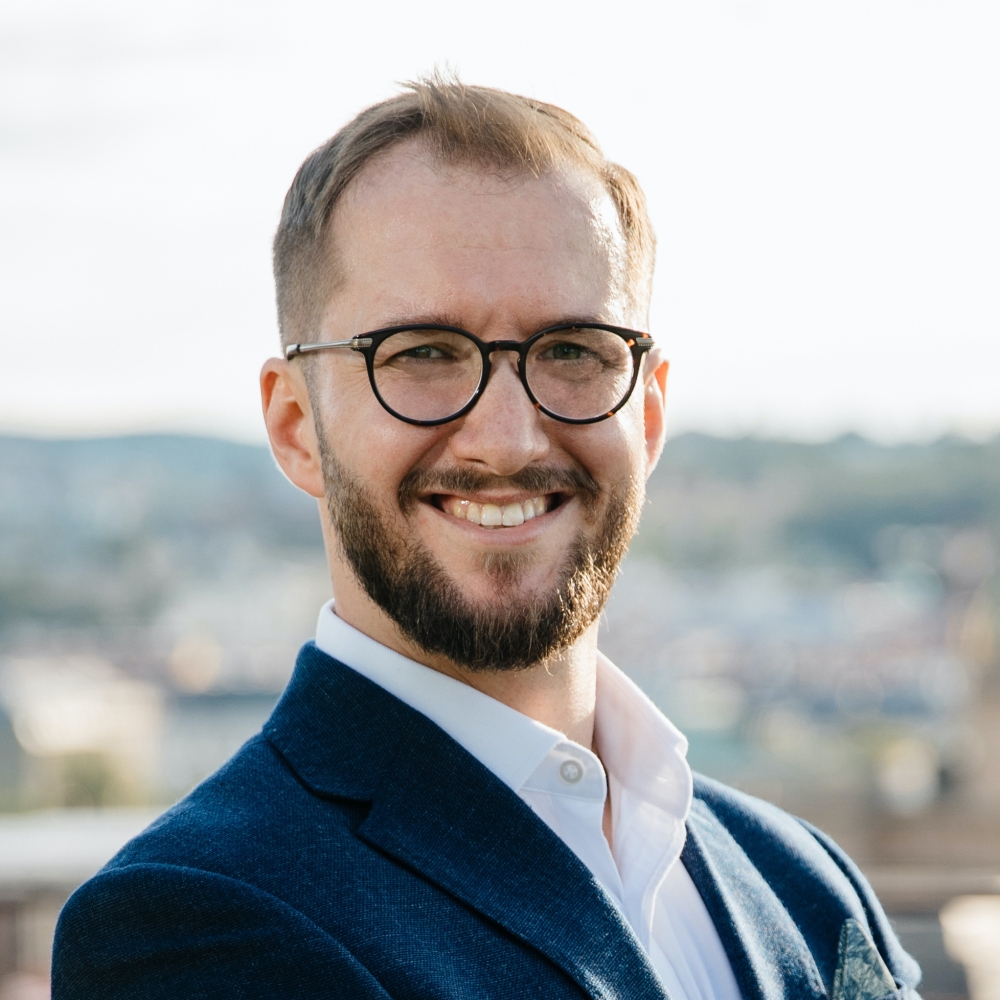
Patrik Juránek, Founder of Startup Disrupt, connects 20,000+ startups and 100,000+ innovators across Europe. He has guided 120+ founders into the US market, was invited to the 2025 US presidential inauguration, and chairs the Startup Committee at the Czech Chamber of Commerce. An Aspen Fellow and NATO Youth Summit participant, he was awarded Ecosystem Hero of the Year.
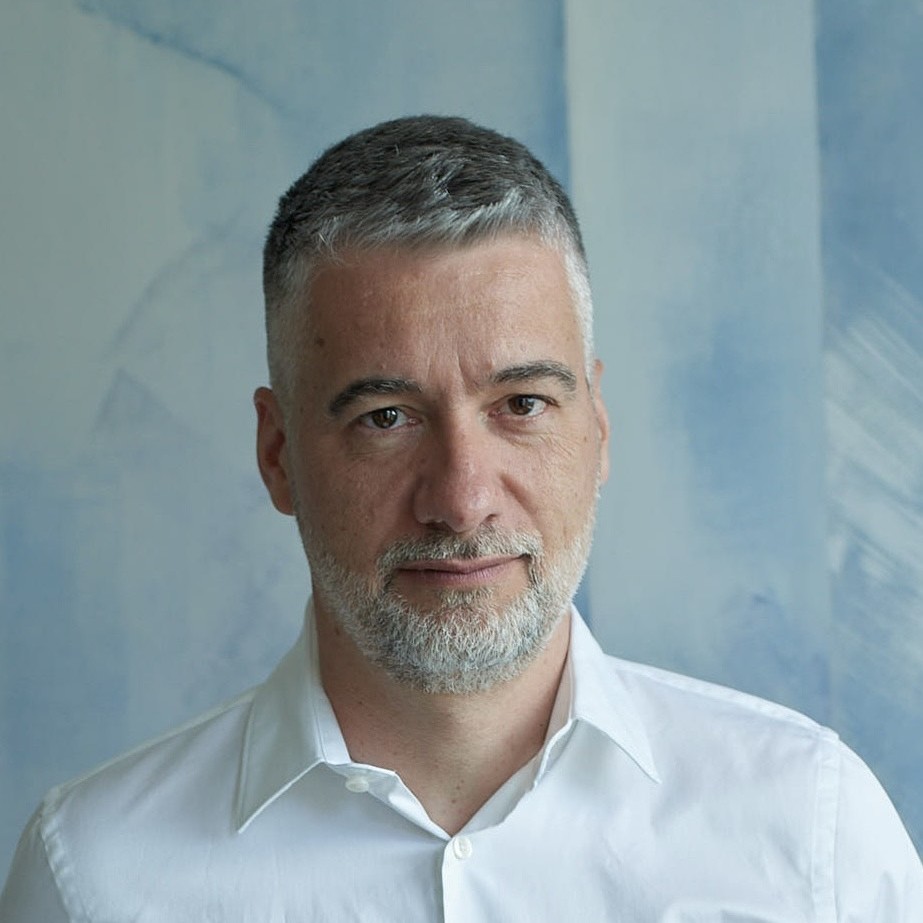
Csaba Kákosy is Co-Founder and Managing Partner of Day One Capital, a leading Budapest-based venture capital firm investing in early-stage, technology-driven startups across Central and Eastern Europe. At Day One, he is responsible for fund operations, investment strategy, and portfolio management, with a focus on helping globally ambitious founders scale from the region. With a background in both government and finance, Csaba brings a unique combination of regulatory insight and strategic vision to venture investing. Prior to founding Day One Capital, he served as Hungary’s Minister of Economy and Transport, following senior roles at the Ministry of Economy, the National Bank of Hungary, and Hungary’s Permanent Mission to the OECD in Paris. He holds a law degree from Eötvös Loránd University (ELTE) and has over 20 years of experience spanning public policy, financial regulation, and venture capital. Under his leadership, Day One Capital has invested in prominent startups such as AImotive, Tresorit, Turbine, Commsignia, Orqa, Colossyan, Veridion and Whalebone, becoming a key player in the CEE tech ecosystem. He regularly speaks on innovation, early-stage investment, and scaling from emerging markets.

Krasimir Kolev is the Co-founder and Managing Partner at TokWise, with over 15 years of experience in leading global business transformation and process optimisation projects. He believes that in today’s rapidly evolving energy sector, companies can only stay competitive by adapting their business models with a focus on digitisation. TokWise enables this transition through innovative technology, deep industry expertise, and agile implementation.
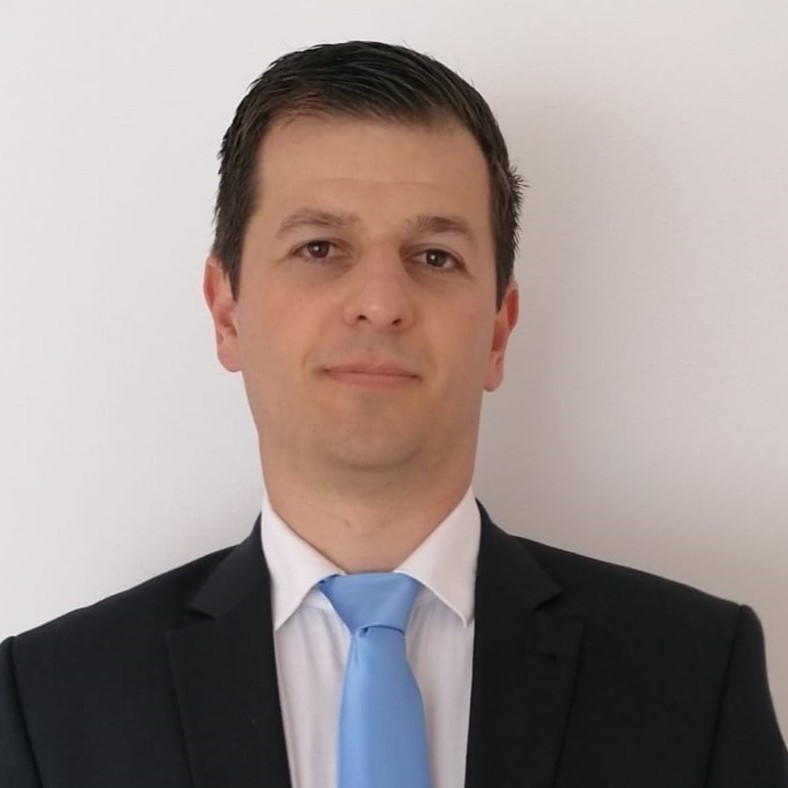
Mate Kovač is the director of the international cooperation sector at HAMAG-BICRO. He has over 10 years of experience in working and managing European funds. He is actively involved in the Croatian ecosystem aimed at supporting small and medium-sized entrepreneurs through various financial and non-financial forms of support such as the BOND and Mentoring network. Through cross-border cooperation programs and national acceleration programs, he actively works to support Croatian startups ecosystem

Julian Laufs currently serves as Head of Partnermanagement and Innovation Methods at the Cyberagentur, Germany’s advanced research projects agency, focused on long-term, high-risk innovation for defense and national security. He holds a PhD from University College London and has conducted research at the Dawes Centre for Future Crime, Yale University, and the Alan Turing Institute. His work centers on transforming abstract future needs into concrete, high-impact research programs that align science, technology, and strategic policy.
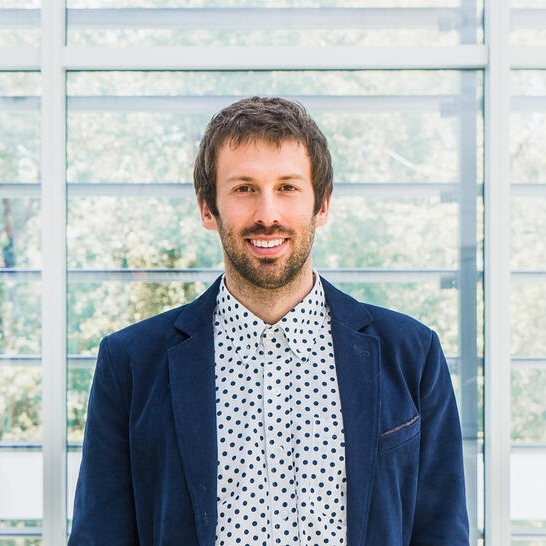
Dr. Oskar Marko is Assistant Director for Innovation at the BioSense Institute and Co-Founder of Cropt, a deep-tech startup turning research into market-ready AI solutions for sustainable farming. He has led projects funded by Horizon, NASA, and the Serbian Innovation Fund, as well as industrial collaborations with the World Bank and Serbian agri-businesses. With a PhD in AI for Agriculture and active roles in BioSense’s cascade funding and incubation programmes, he bridges science and industry for real-world impact.
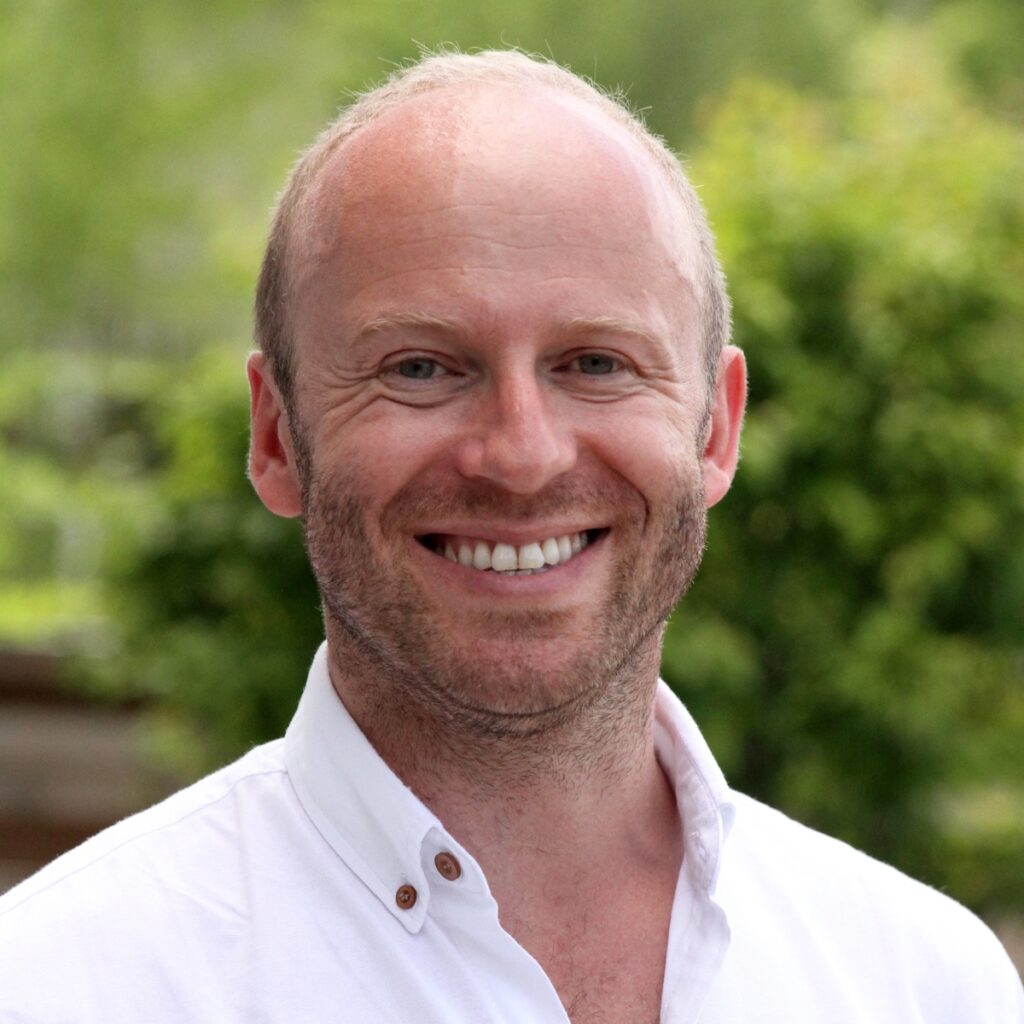
Martin Olczyk is an MD at Techstars and has more than 15 years of experience in the tech industry. He launched the first Techstars program in Italy and built it into one of the leading programs globally. He currently runs the Transformative World Accelerator in Torino, Italy. Previously, he led the Smart Mobility and Torino Cities of the Future Accelerator and was the MD at accelerator programs in Berlin and Amsterdam. Before Techstars, Martin was a founder, having built two bootstrapped and two VC-backed companies, including one successful exit. As an investor, he has backed over 100 startups across the globe.
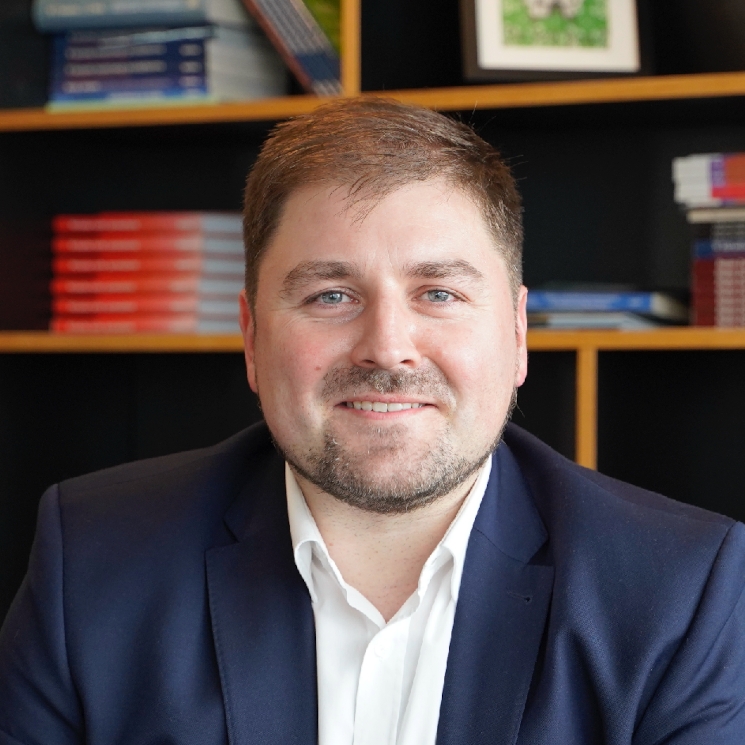
Sławomir Olejnik is entrepreneur, interim manager, broker, and advisor to founders of deep tech startups. Founder and President of the Innovative Poland Foundation and Deep Tech CEE PSA. Vice President of the Management Board of TechPL – an organization representing the startup and deep tech ecosystem in Poland. Hello Tomorrow representative in Poland & CEE Region. He is also the former Minister of Development of Science and Business Cooperation at the Shadow Economic Cabinet at the Business Centre Club (employers’ organization).
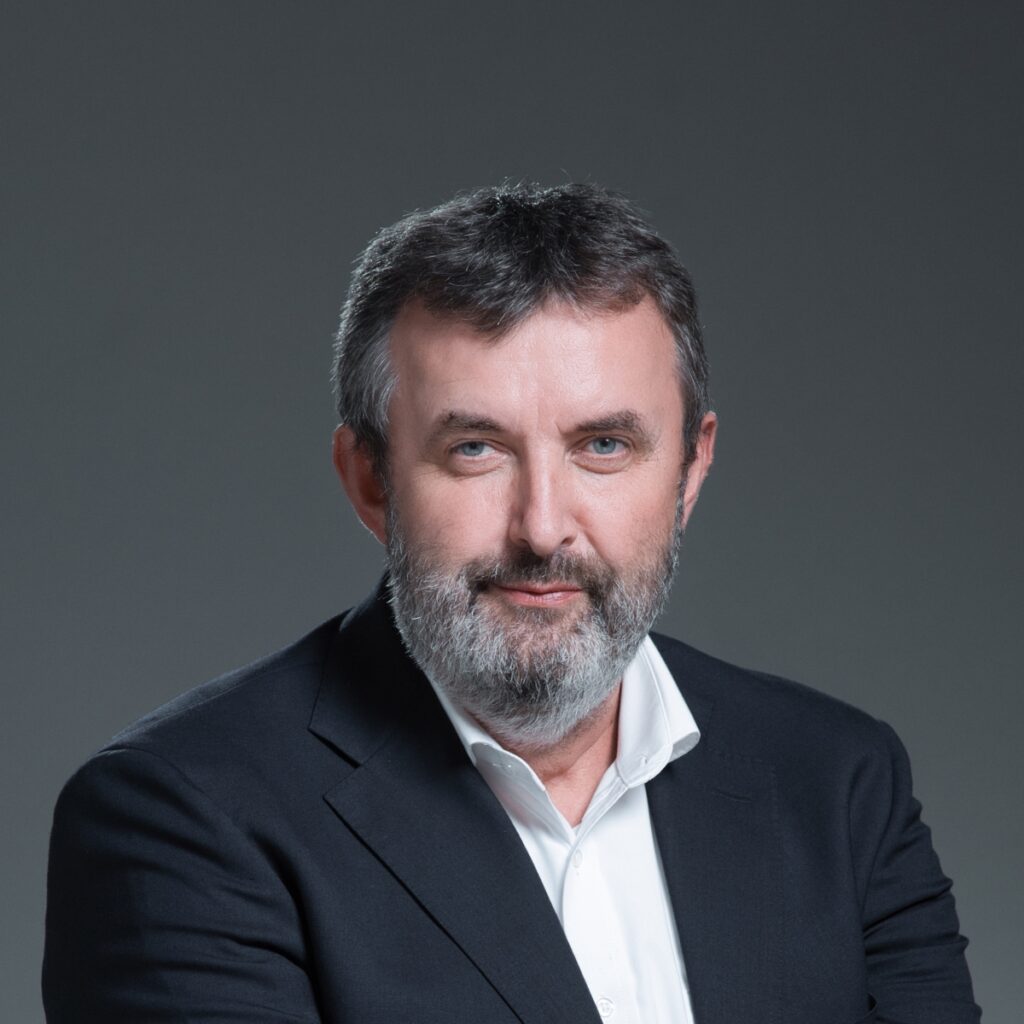
Prof. Dr. László Palkovics serves as the Hungarian Government Commissioner for Artificial Intelligence. Previously, he held the positions of Minister of Innovation and Technology (2018–2022) and Minister of Technology and Industry (2022). With a background in mechanical engineering, he has held prominent roles in both academia and industry, including at the Budapest University of Technology and Economics, MTA SZTAKI, and Knorr-Bremse. His expertise encompasses innovation policy, higher education, and industrial R&D. He has played a pivotal role in shaping Hungary’s AI strategy and advancing technological modernization. In recognition of his contributions to engineering and innovation, he has been honored with several prestigious awards, including the Széchenyi Prize and the Gábor Dénes Prize.
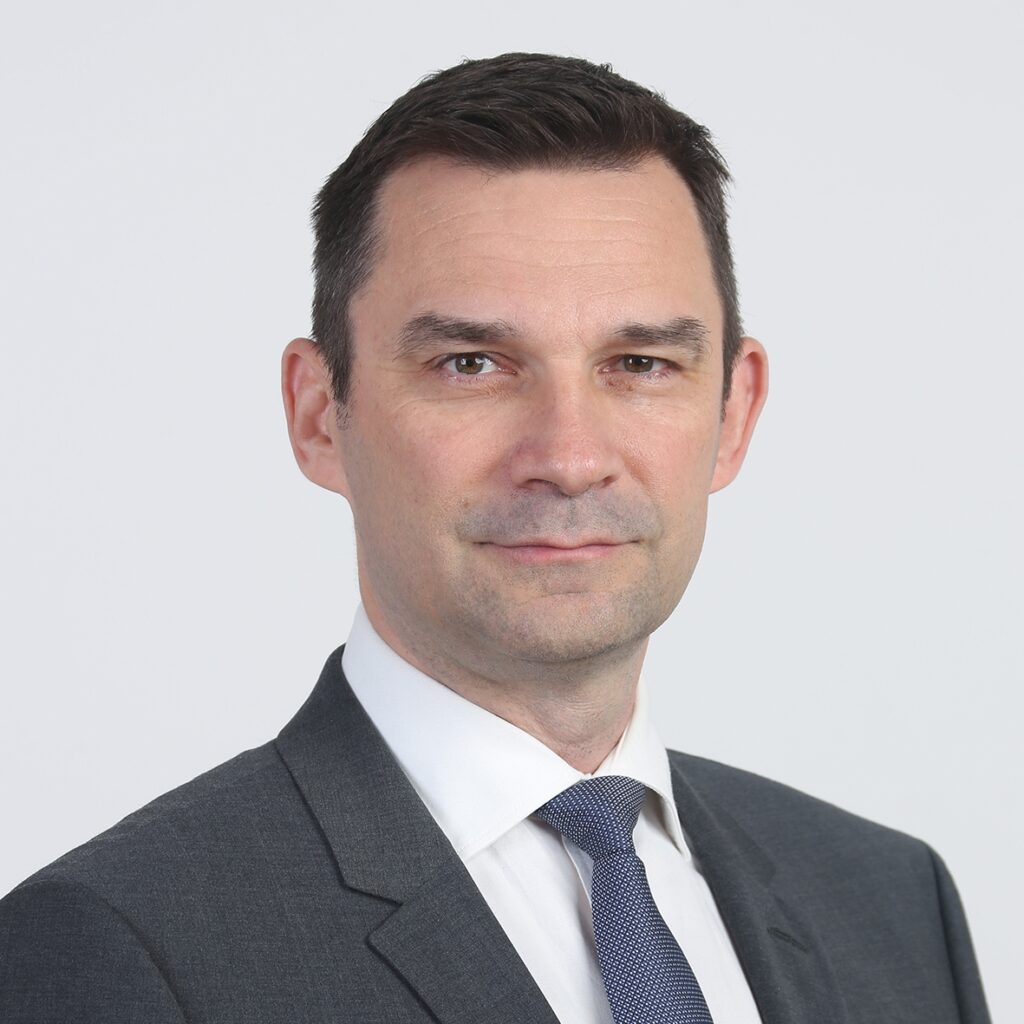
Prior to a military higher education, Gen. Imre Porkoláb graduated from the 270-year-old Royal Military Academy at Sandhurst, and subsequently obtained postgraduate degrees and PhDs from several domestic military and civilian universities. He began his military career in 1993, serving in Iraq and Afghanistan, and has spent much of his career creating and developing the special operations capability for the Hungarian Defence Forces. Since July 2011, he has served in the US at NATO’s Strategic Transformation Command, serving as the NATO Allied Transformation Command (SACT) representative to the Pentagon, where he liaised with the US Joint Chiefs of Staff, the Department of Defence and the Washington-based Priority Research Institutes. During his time in the US, he completed a senior management course at Harvard University and a degree in organisational innovation at Stanford University. Since 2018, he has been leading the transformational work of the Hungarian Defence Forces in the field of defence innovation. From October 2022 to April 2024 he was the Ministerial Commissioner for Defence Innovation of the Ministry of Defence. In December 2022, he was elected Vice-Chairman of the Board of the Defence Innovation Accelerator for the North Atlantic (NATO DIANA). He has been head of the National Security Office since April 2024. He is an expert on guerrilla warfare and counter-terrorism in the context of special operations capability development, related leadership theory – mission command other than traditional, successful change management in the V.U.C.A. environment, and innovative methods of organizational transformation and its applicability to business.
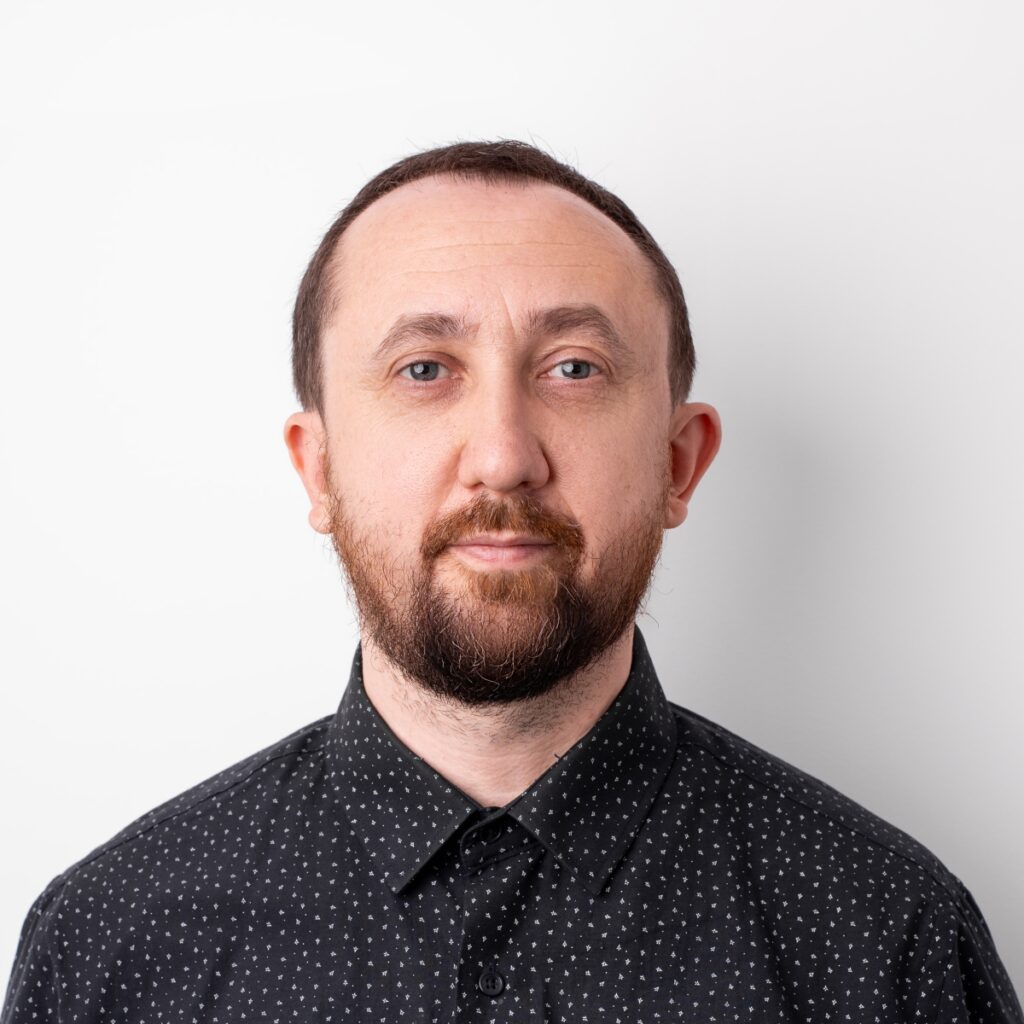
Marko Sever is an innovation strategist and deep tech advisor with 15+ years of experience in university tech transfer, startup development, and EU-funded programs. He has led digital transformation and AI governance projects across academia, public sector, and industry. Marko actively supports science-based ventures in bridging the gap from research to market.
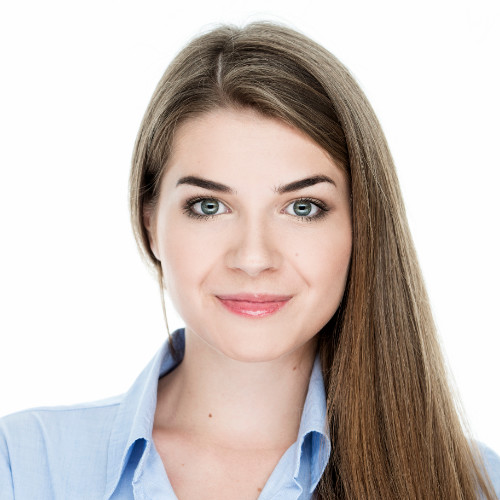
Jana Soukupová works at the intersection of research, innovation, and public policy, focusing on turning knowledge into real-world impact. She is co-founding a technology transfer initiative and building an investment fund for academic spinoffs. She also leads the IP and knowledge transfer strategy at the Czech National Library of Technology, which includes establishing a Knowledge Transfer Academy for researchers. Previously, she served as Chief of Staff to the Czech Minister for Science, Research, and Innovation, shaping strategies in AI, semiconductors, and quantum, and as Head of Operations at a VC-backed startup in the gaming-pharma sector.

A computer scientist turned biochemist, Kristóf Szalay‘s dream is to turn biology into an engineering discipline, enabling science to create human organs as efficiently as we make cars. Named one of the 35 Innovators under 35 in 2018 by MIT Tech Review Europe, Szalay invented Turbine’s method of simulating human cells and is leading the R&D teams working on the Simulated Cell to make more and more hidden biology available to our internal and external projects.
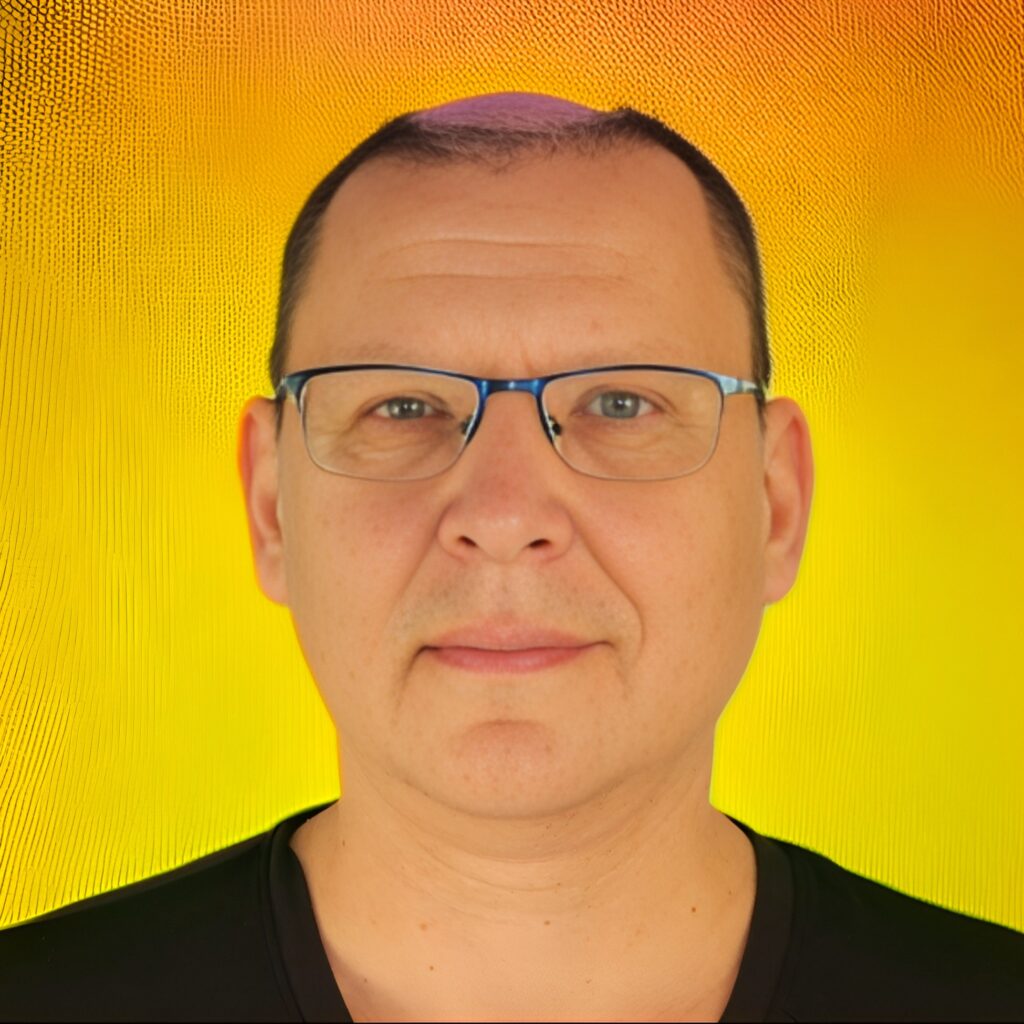
Christian Szegedy is a pioneering AI research scientist and mathematician, serving as Chief Scientist at Morph Labs, where he leads the Verified Superintelligence program. This initiative focuses on developing self-improving AI systems through rigorous code verification and mathematical reasoning, leveraging Morph’s Infinibranch technology for scalable software deployment via virtualization. Born in Budapest, Hungary, Szegedy earned his Ph.D. in mathematics from the University of Bonn in 2005. He joined Google in 2010, co-inventing the Inception architecture, Batch Normalization, and discovering adversarial examples—seminal works with test-of-time awards and over 160,000 citations combined. In 2023, he co-founded xAI with Elon Musk, advancing synthetic data generation and reinforcement learning for code generation. Transitioning to Morph Labs in 2025, Szegedy drives trustless AI alignment, envisioning safe, superhuman intelligence. With 300,00+ citations, Szegedy bridges theory and entrepreneurship, inspiring innovations towards trustworthy AI.
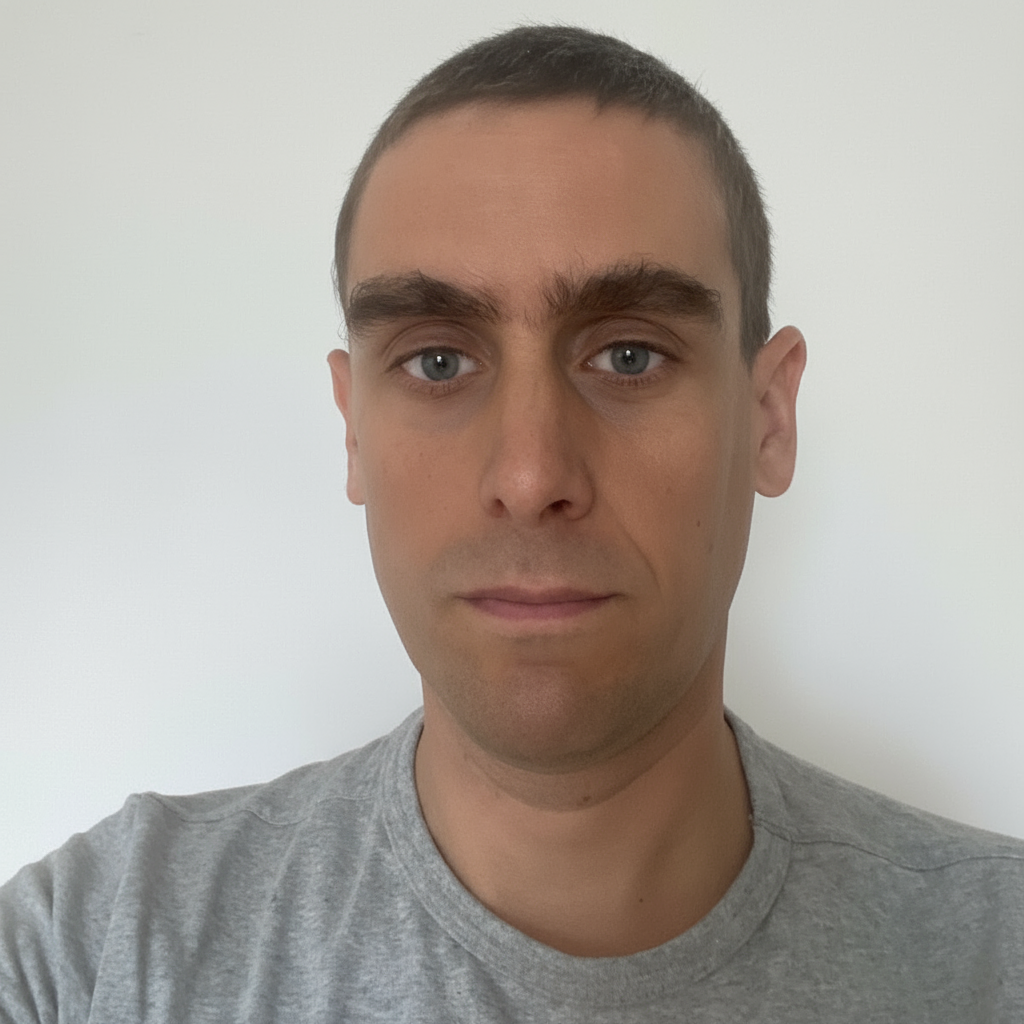
Ferenc Székely is a seasoned risk management professional with more than 8 years of experience in the fintech sector. As Chief Risk Officer at PastPay/Pentech, he has led credit risk modeling, fraud prevention, and process optimization initiatives that significantly improved efficiency and reduced default rates. Previously, he worked at Budapest Bank and Citibank, where he specialized in credit risk models, regulatory compliance, and data-driven decision-making. With a strong background in mathematics and a proven ability to bridge business and IT, he is passionate about building scalable financial solutions and fostering cross-functional collaboration.
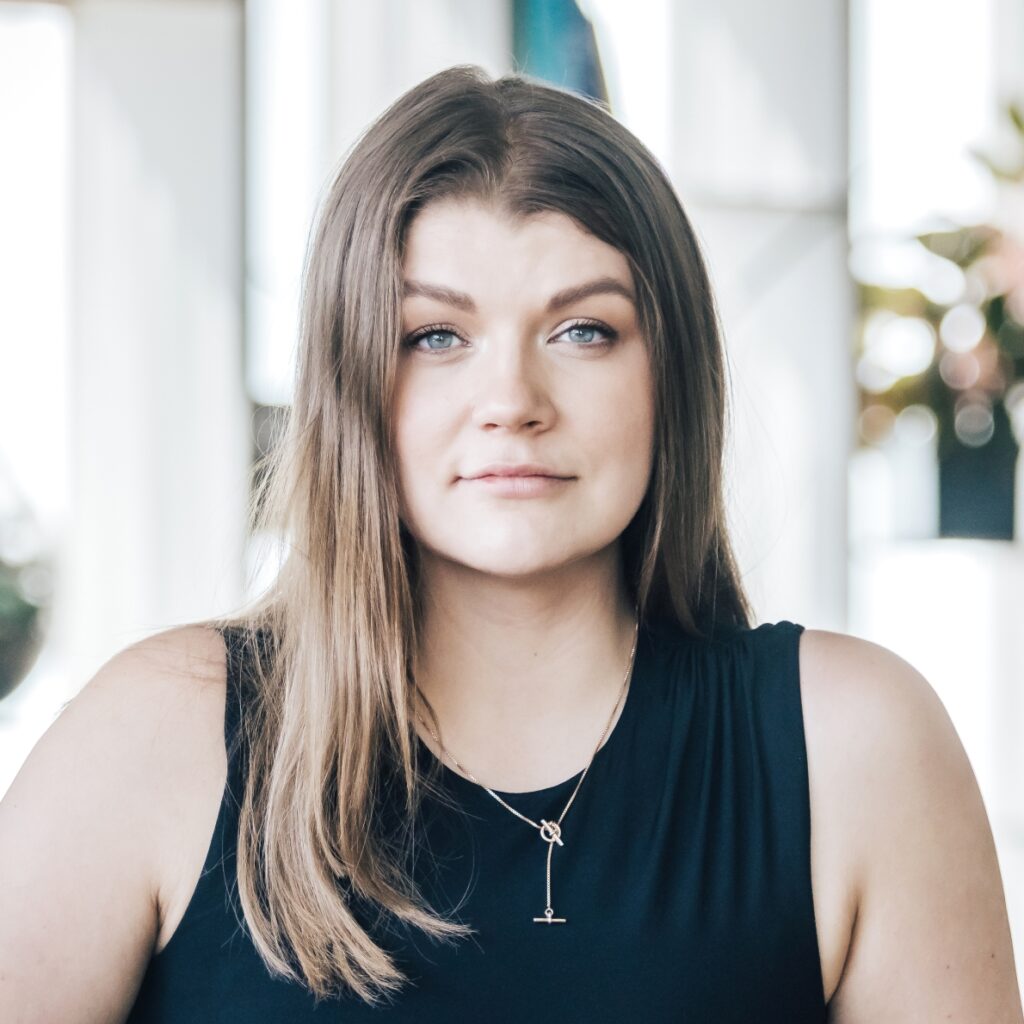
Linda Võeras is an Investment Manager at Karma Ventures, a pan-European late seed / series a deep tech software fund, backed by former leaders of Skype, Pipedrive, Wise and others. She brings experience in deep-tech executive search and global team building from her time at SH Gillamor Stephens in London and began her career as a creative editor in Ekspress Media.
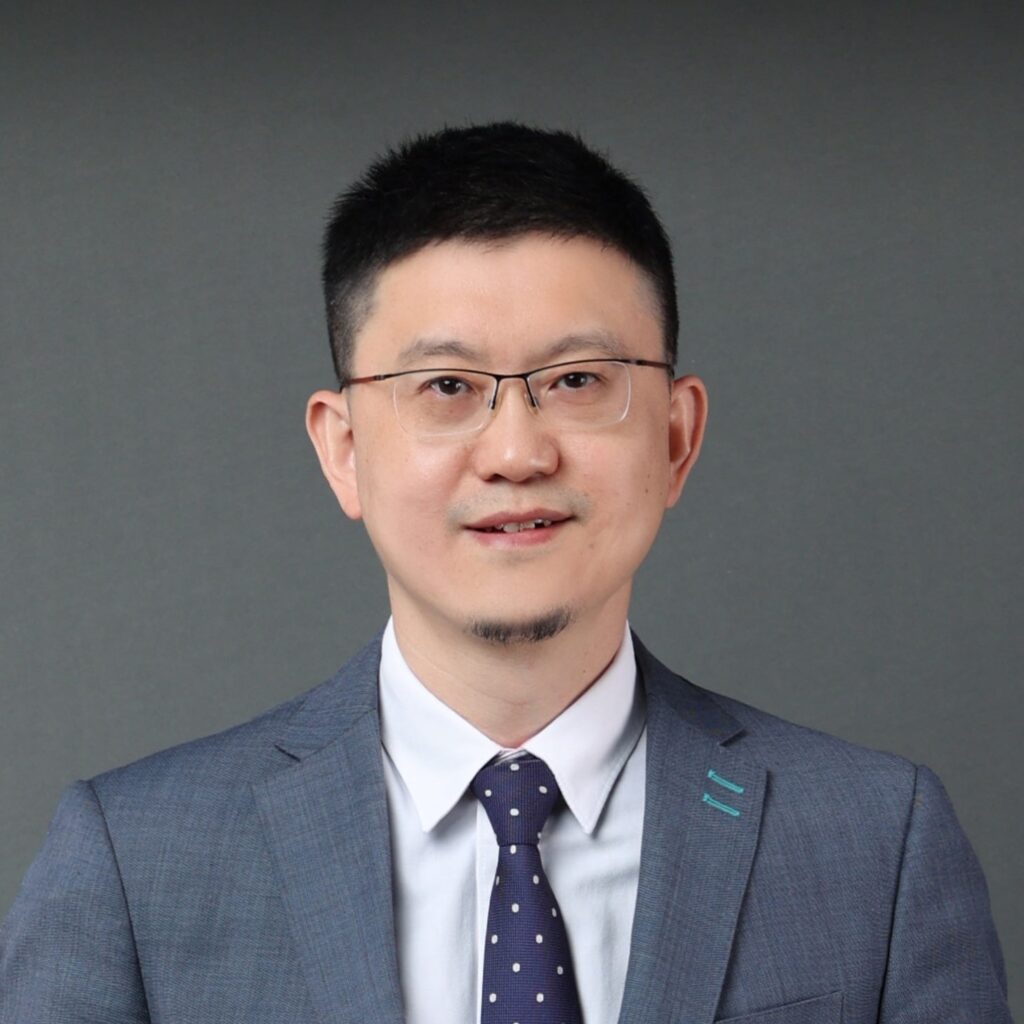
Dr. Paul Wang leads TEC, HKU’s entrepreneurship resource centre, where he drives research commercialisation and nurtures a thriving entrepreneurship ecosystem. He spearheaded transformative start-up policy reforms to unlock the university’s potential in deep tech innovation and has launched several pivotal initiatives to foster a culture of innovation both within and beyond the campus. In the past two years, TEC has helped launch over 200 start-ups, established the HKU Techno-Entrepreneurship Academy, the university’s first mainland incubation site in Qianhai, Shenzhen, and amassed over HK$1 billion in “patient capital” to invest in HKU-affiliated start-ups through the HKU Entrepreneurship Engine Fund. Before joining HKU, Paul played a pivotal role in driving entrepreneurship development at the Hong Kong Polytechnic University for over nine years. During his tenure, He successfully built a dynamic entrepreneurship ecosystem and nurtured more than 450 startups, including several unicorns, through coaching and mentoring. He also launched the university venture capital fund, making investments in early-stage tech startups and establishing valuable networks with stakeholders from the Chinese mainland and overseas. Before transitioning to knowledge transfer, Paul had over 15 years of experience practising entrepreneurship as a co-founder, and driving business development in early-stage companies that were later listed on the Hong Kong Stock Exchange (HKEX). He holds a DBA from The Hong Kong Polytechnic University, where his thesis explored university venture capital funds, an MBA from The Chinese University of Hong Kong, and a BEcon from Beijing International Studies University. Dr. Wang served as Secretariat of the International Strategic Technology Alliance (ISTA) and is a Registered Technology Transfer Professional (RTTP). He also initiated the establishment of Shanghai Hong Kong Technology Transfer Network (SHK-TTN).
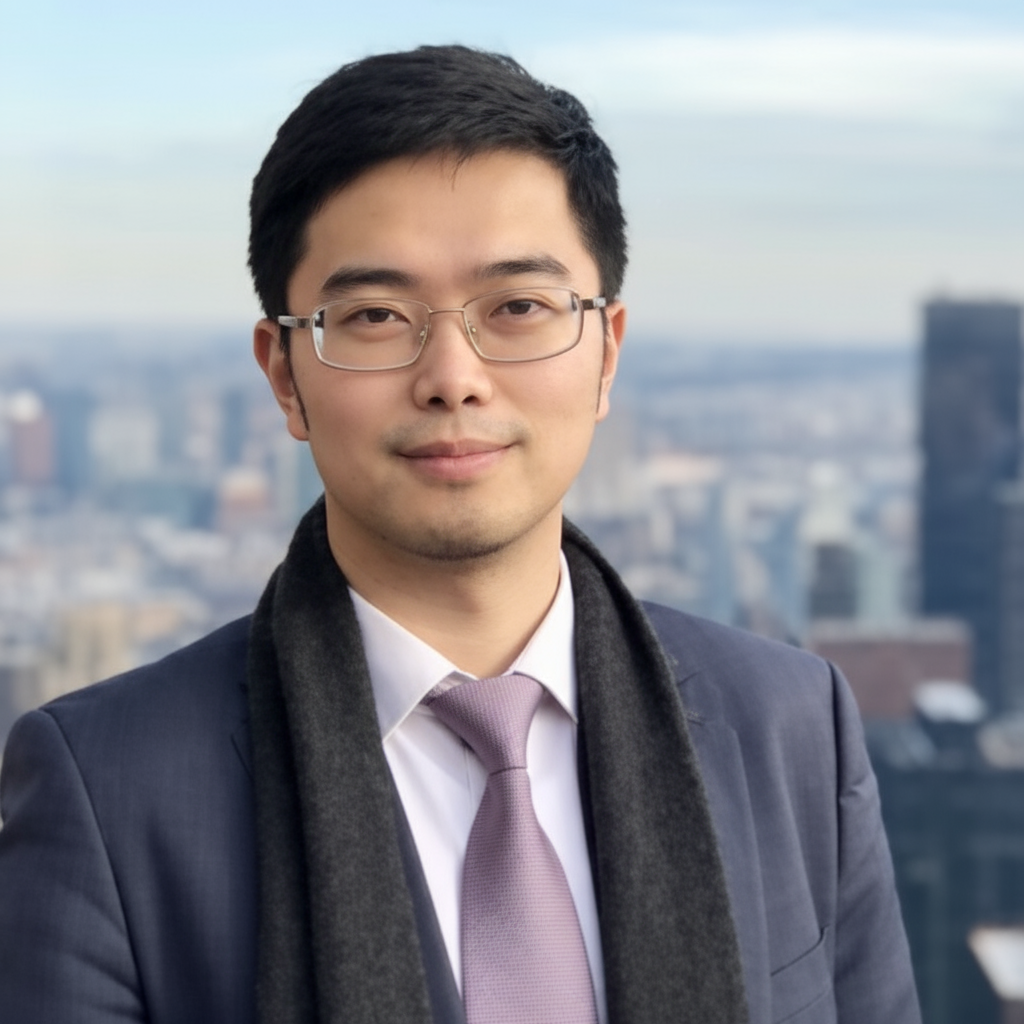
Sheng Yan is Co-Founder and President of GEC Academy, one of the largest innovative education platforms that offer international education curriculum design to universities and schools and organize research-based online learning programs for college-level and above students across the world. He has extensive experience and understanding of international education innovation, curriculum design, academic exchange, and collaboration. Sheng Yan also holds an adjunct scholar position (Non-Resident Fellow) at the Center on Global Energy Policy, Columbia University. In this capacity, he supports the Center’s inaugural fellow, David Sandalow, in managing the Center’s research and communication on China-related topics and developing partnerships with Chinese universities, research institutes, and enterprises. Prior to joining CGEP Sheng was a commercial manager with ConocoPhillips’ Global LNG group based in Beijing. He previously worked as a junior economist for the Environmental Defense Fund in New York focusing on China-related economic analysis.



